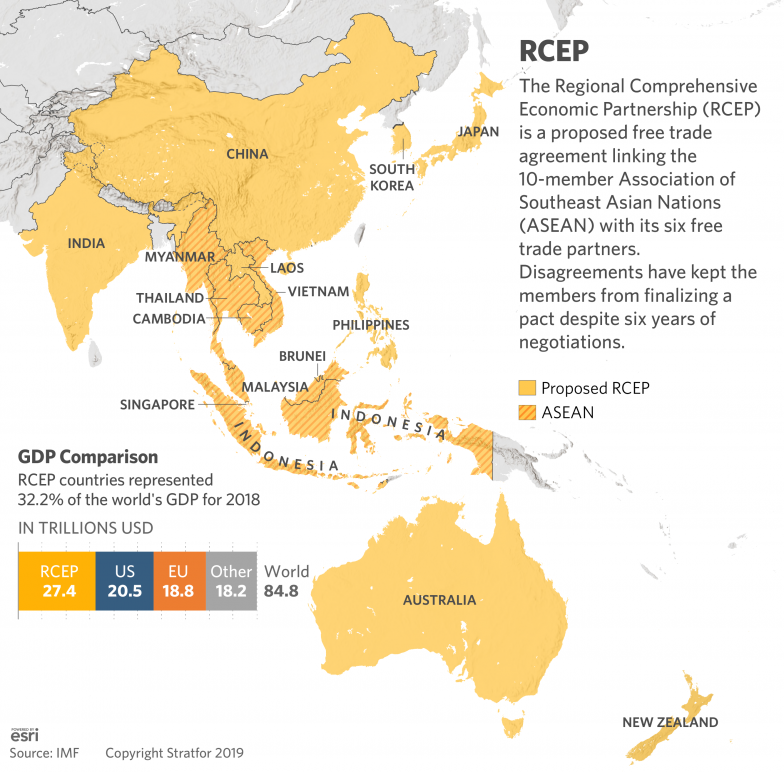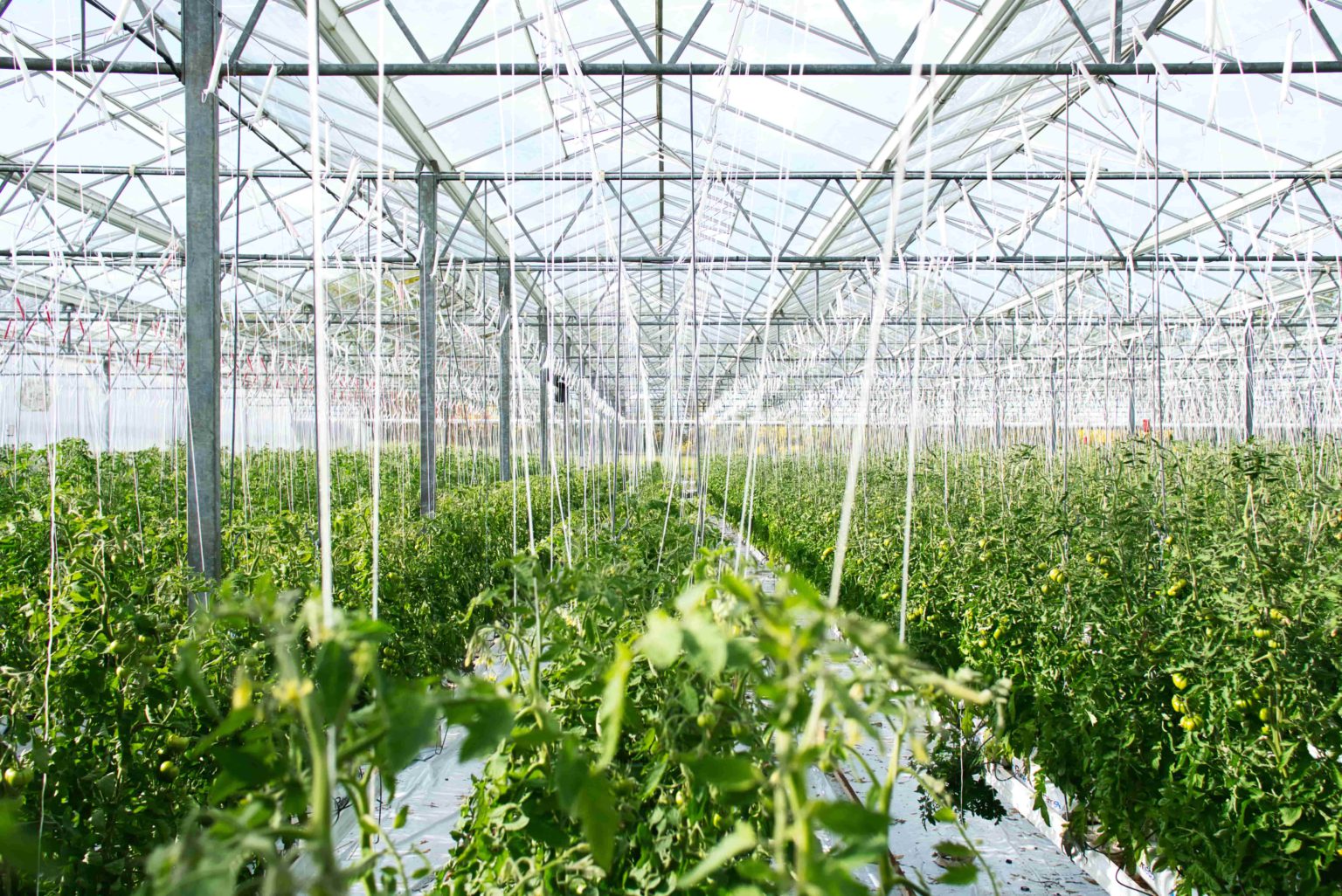Economy

Economy
05 Nov, 2025
RCEP Leaders to Discuss Expansion and Trade Enhancement at Upcoming ASEAN Summit
Nemesio Gatdula
KUALA LUMPUR, Sept 22 – The Regional Comprehensive Economic Partnership (RCEP), the Asia-Pacific trade bloc that comprises China, ASEAN nations, Japan, South Korea, Australia, and New Zealand, will convene next month to deliberate on expanding its membership and enhancing its trade framework, Malaysian officials announced on Monday.
Malaysia, hosting the annual ASEAN summit in Kuala Lumpur, will also facilitate the RCEP meeting. Since signing the trade agreement in November 2020, aimed at reducing tariffs, encouraging investment, and facilitating freer movement of goods, RCEP members have not met at a high level.
According to Malaysia’s Trade Minister Tengku Zafrul Aziz, the forthcoming summit will provide an opportunity for current members to propose improvements to the RCEP trade deal and consider new membership applications. While he refrained from disclosing specific candidates or proposed modifications, Tengku Zafrul expressed confidence in making RCEP’s framework more relevant and up to date.
Addressing concerns about China's influence over the meeting, the minister emphasized a shared commitment among ASEAN and RCEP members to multilateralism. He stated, "There is a collective agreement among all members, including China, Korea, Japan, New Zealand, and Australia, on engaging multilaterally, so the agenda will not be dominated by any single country."
The RCEP agreement is perceived as a strategic response to counter the impact of tariffs imposed by the previous U.S. administration, which levied duties ranging from 10% to 40% on goods from various Asian countries, affecting most major ASEAN economies with a 19% tariff.
The topic of U.S. tariffs is anticipated to be a critical agenda item during this week’s ASEAN economic ministers meeting, which will be attended by U.S. Trade Representative Jamieson Greer, facilitating dialogue between ASEAN, the U.S., and China—two of the region’s largest trading partners.
Tengku Zafrul highlighted the importance of these discussions in fostering a balanced and mutually beneficial trade environment amid ongoing geopolitical and economic challenges.
Recommended For You

EU Orders France to Reclaim €1.8 Million from Ryanair Over Illegal State Aid
Nov 05, 2025
Basilia Magsaysay

Philippines Launches "White Revolution" to Boost Vegetable Supply and Curb Import Dependence
Nov 05, 2025
Nemesio Gatdula

Bacolod City Allocates Nearly P2.9M in Aid for Fire Victims in Barangay 27
Nov 05, 2025
Crispin Abella

RCEP Leaders to Discuss Expansion and Trade Enhancement at Upcoming ASEAN Summit
Nov 05, 2025
Nemesio Gatdula
